All of his contemporaries and baseball historians would agree that Grover Cleveland Alexander was among the greatest pitchers ever: 373 victories (90 of them shutouts), a microscopic 2.56 ERA, 2,198 strikeouts and owner of an excellent heater, a wicked curve and pinpoint control (only 70 hit batsmen and 951 walks in 5,190 innings pitched). How much more might Alexander have done if he had not been hit in the head by a thrown ball while base running in a 1909 minor league game; if he had not been exposed to German mustard gas and an exploding bomb that caused partial hearing loss and the onset of epilepsy during World War I; if he had not been on lousy or at least mediocre teams (Philadelphia Phillies, Chicago Cubs and St. Louis Cardinals); if he had not played half of his games from 1911 to 1917 in the pitchers’ graveyard that was the Baker Bowl; if an arm injury in 1921 had not robbed him of some velocity and forced him to be more of a finesse pitcher; and—most of all—if he had not been so addicted to booze? I hope it’s not gilding the lily to assert that “Old Pete” would have topped Walter Johnson’s 417 wins and maybe even Cy Young’s 511.
As Babe Ruth once said of Alexander, “Just to see him out there on the mound, with that cocky little undersized cap pulled down over one ear, chewing away at his tobacco and pitching baseballs as easy as pitching hay is enough to take the heart out of a fellow.”
Born in the remote farming community of Elba, Nebraska to a family of 13 children (eight of whom survived into adulthood) and named after the 22nd and 24th president of the United States, he seems to have had a genetic disposition to alcohol in that his father and grandfather were also known to get rather deep in their cups. Managers like Pat Moran, Bill Killefer and Bill McKechnie did all they could to keep him sober, even paying his wife (Amy Arrants) to “mother” him between games and throughout a season. Then again, sometimes a bottle of brandy was kept in the dugout to steady his nerves after an epileptic seizure. When that happened, Alexander’s teammates knew to hold him down and grab his tongue to prevent him from choking to death.
Old-time baseball players were known for drinking to their detriment if not their ruination, but Alexander is probably the most notorious of all. Time and again, he went on a bender, was sent to a sanatorium to dry out, had a drunk-driving accident or behaved erratically, but the Phils, Cubs and Cards tolerated him because of his ineffable skills as a pitcher.
He was running out of gas by 1930. Back with the Phillies, he pitched in nine games and went 0-3 with a ballooning ERA. Cut by owner William F. Baker, no other major league team picked him up. Alexander, who knew only one thing—throwing a baseball—signed with the Dallas Steers of the Texas League for $1,500 per month. They played at Steers Stadium (later known as Burnett Field), on the south side of the Trinity River.
June 26, 1930 was a hot day in Dallas as the team hosted the Fort Worth Panthers. The 43-year-old Alexander was given a basket of flowers and cheered by a crowd of 8,000 before the game started. Then he got shelled—11 hits and six earned runs in 4 1/3 innings. According to a writer for one of Dallas’s newspapers, “he went shuffling off the field in the fifth, looking like a tired old man.” He would pitch in four more games for the Steers, doing scarcely better. After violating unspecified team training rules, Alexander was released. He never played another game in organized ball, other than a three-year tour with the House of David. The drinking, of course, never stopped, as he rambled throughout the western states.
His election to the Baseball Hall of Fame in 1938 was a cause of some embarrassment to the sport. Commissioner Kenesaw Mountain Landis, National League president Ford Frick and Cardinals owner Sam Breadon quietly gave him $50 per month; actually, that money was handed to responsible friends who ensured it provided the aging ex-player with housing and some food. The long-suffering Amy divorced him twice and finally moved away. He worked in odd jobs such as bar tender, flea circus barker and hotel janitor. He died of either an epileptic seizure or a drunken fall in a hotel in St. Paul (seven miles from Elba) on November 4, 1950, broke and alone.
At some point in the 1930s, Cards GM Branch Rickey had learned that Alexander’s 1926 World Series ring was sitting in an Atlanta pawn shop. He ordered its purchase and return to the man who had earned it (he won two games against Ruth’s Yankees and did heroic relief duty in Game 7). Not only that, but Rickey offered him a position with the team if only he would stop drinking. That was to no avail. The Mahatma would later say, “I doubt that I felt sorrier for any man who ever worked for me than I did for Alexander. He was a perfectly wonderful fellow, and his only enemy was himself. I had many a long talk with him. ‘I don’t want to drink,’ he told me, and I believed him. ‘I’ve tried and I’ve tried. But once I take that first sip, I’m lost.’”
#groverclevelandalexander #mlb #baseball #phillies #cubs #cardinals #burnett field #dallassteers
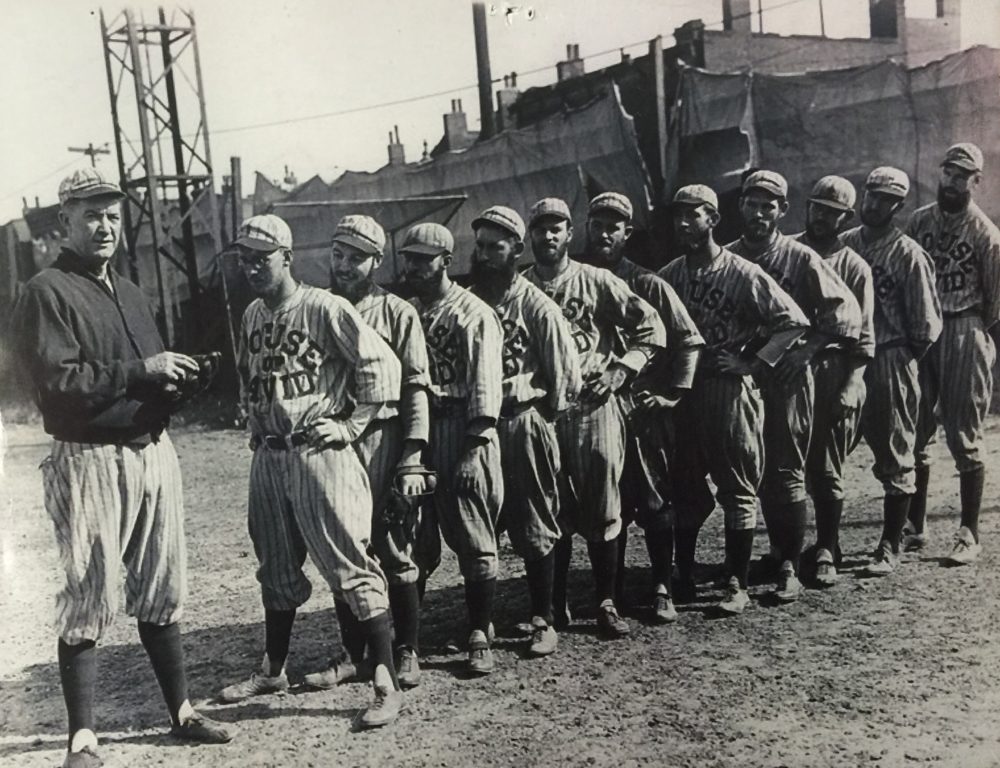
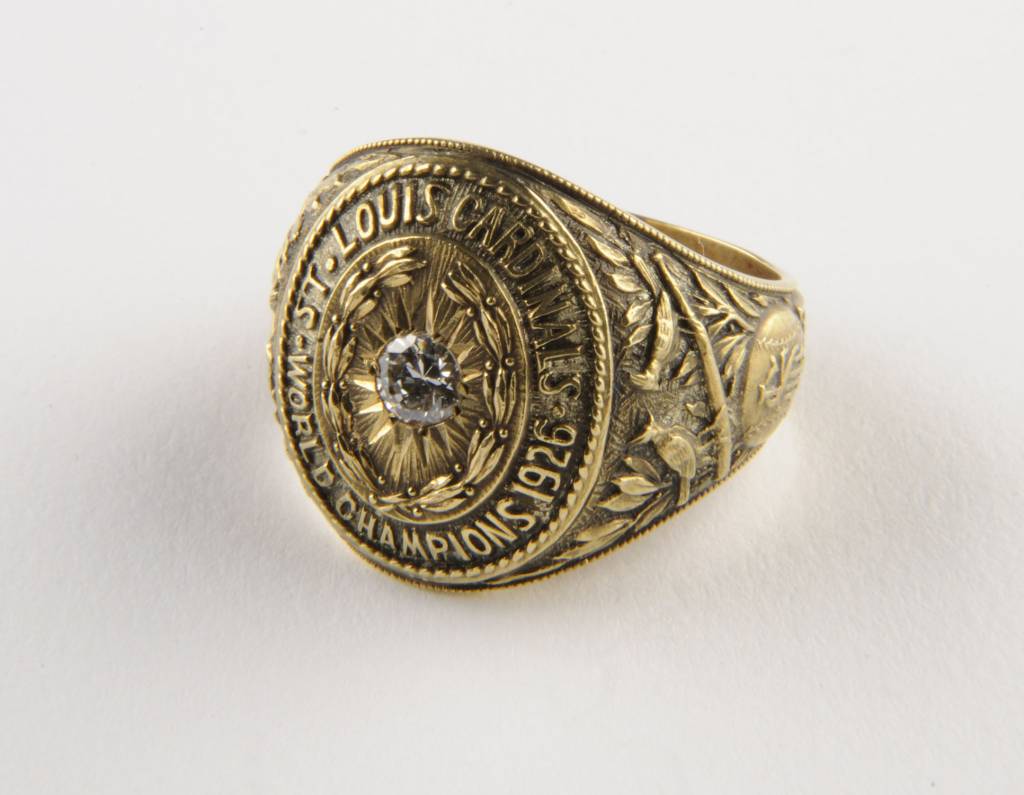
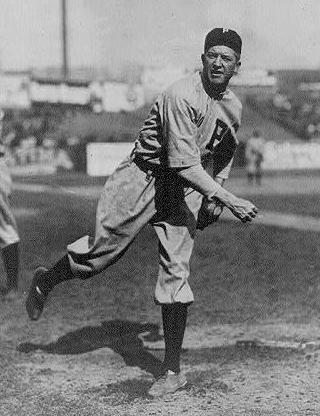
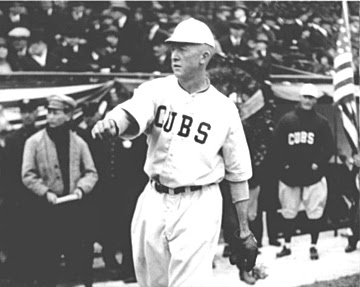
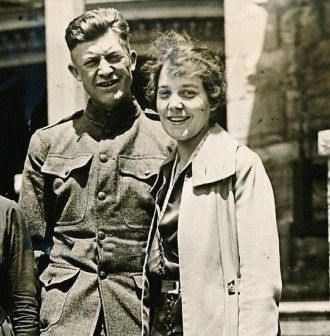
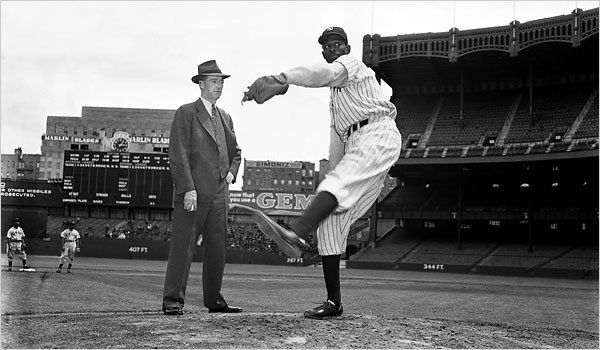
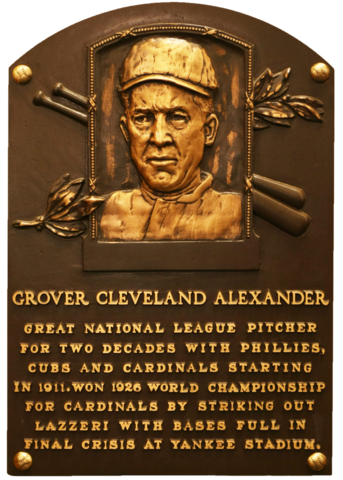
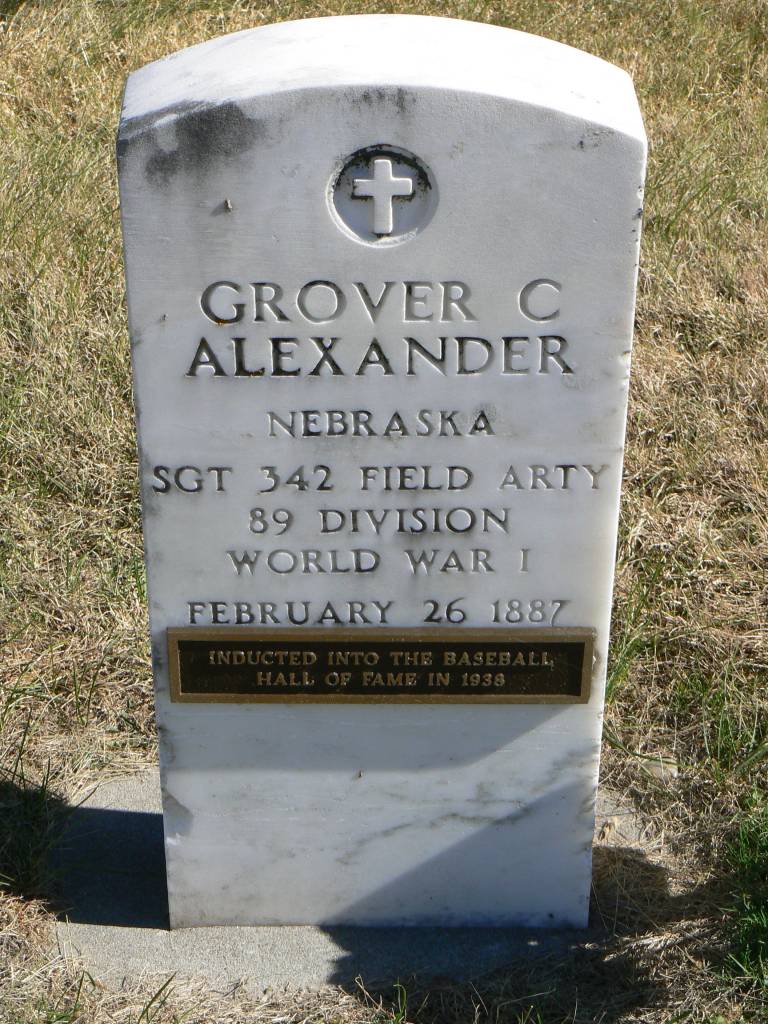


4 Comments
Nice of you to write about this man. Too bad he had this drinking habit, many people have ruined their careers and lives because of alcohol. This sport is not known to us, but I read your message with interest.
Thanks, Elly. I realize baseball is not a popular sport in Romania. I appreciate your comment, and I agree about the bad effects of alcohol.
Thanks for your story about Alexander. It is much appreciated and brought back some memories. About 65 years ago my father was the managing editor of a weekly newspaper in South Central Los Angeles. Alexander’s widow (although she and “Pete” were twice-divorced by then) worked there as well. I was about 10 and a huge baseball fan, which I still am, and found it neat that he was working with the great pitcher’s widow. My dad enjoyed working with her. I recall him telling me that Aimee was not fond of the film about Alexander’s life, “A Winning Team,” which starred Ronald Reagan and Doris Day, but I don’t know why. One day Aimee came to work and told my father that the autographed baseball that she had of the 1926 Cardinals team, the only World Series championship in Alexander’s career, had been stolen. She was crushed. I don’t know if it ever was recovered.
Wow, so sad about that baseball being stolen!!!
Thanks for writing, Lewis.
Add Comment